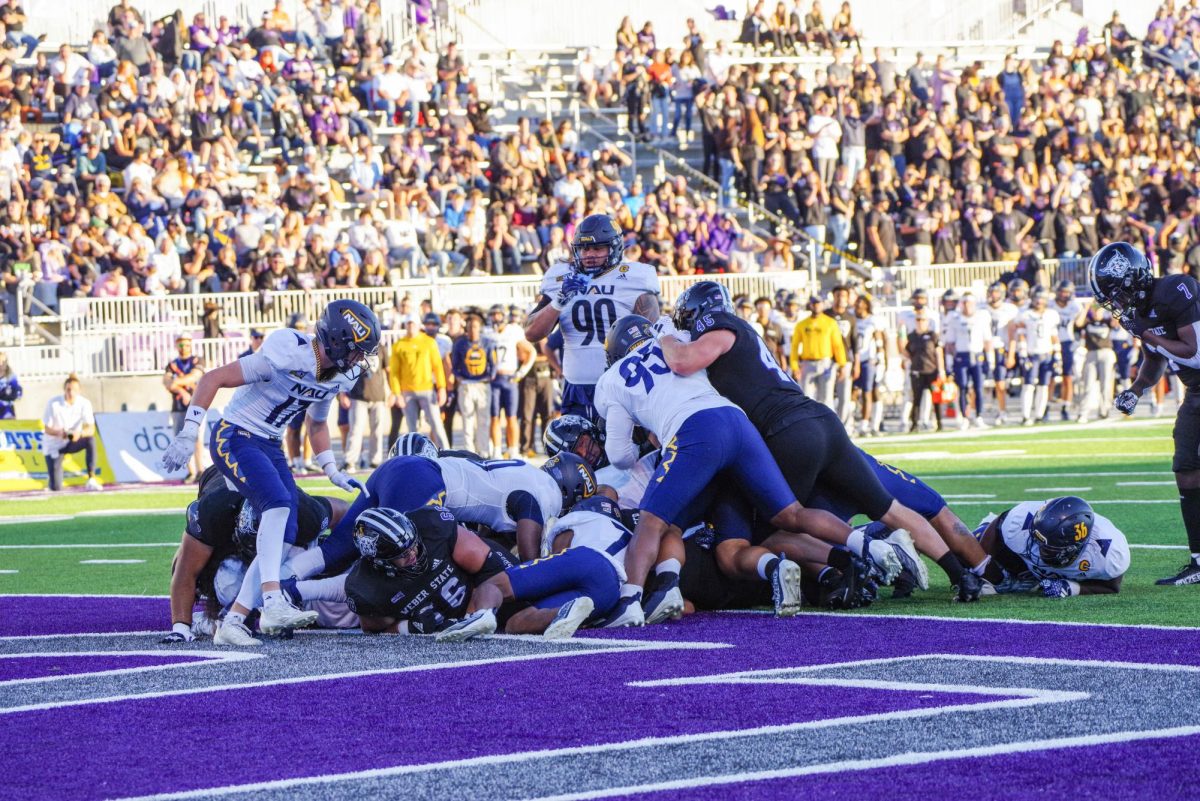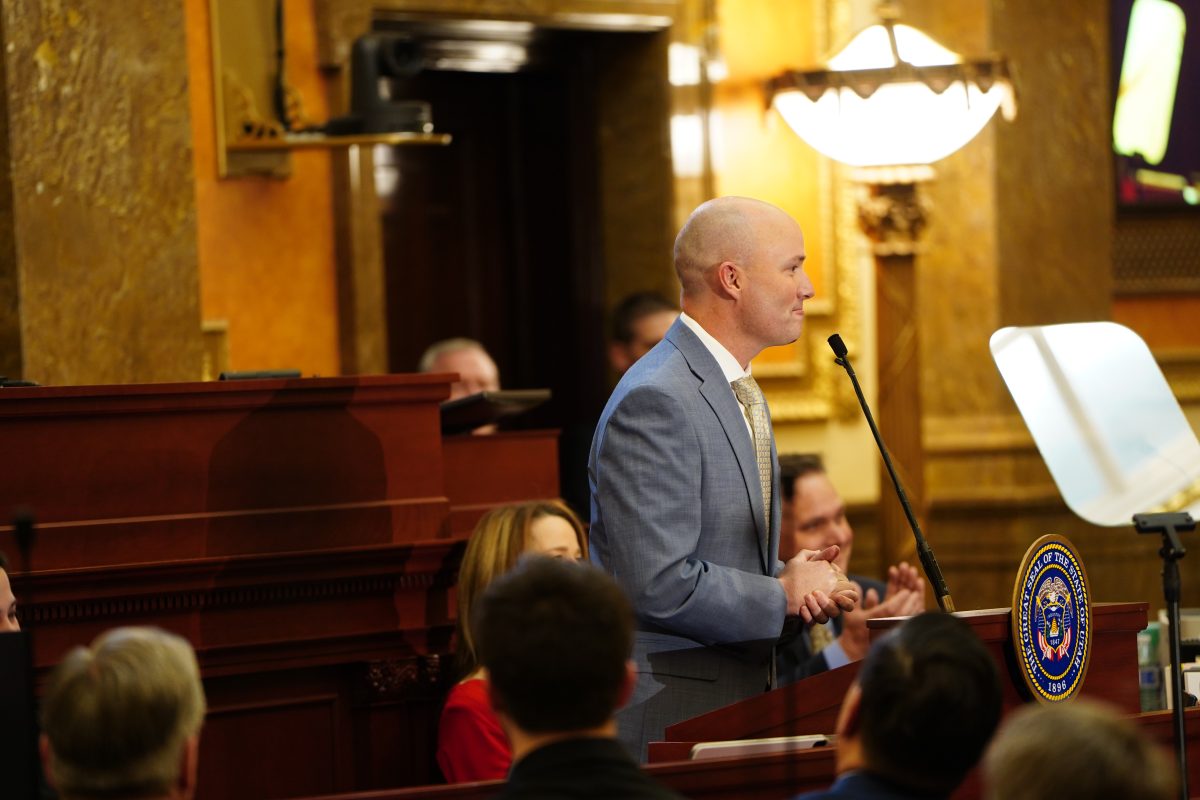
From Hong Kong to Ferguson, Baltimore to New York, cities are martialing forces to control their turbulent civilian populations.
As myriad media stream Walter Scott’s body being planted with an electroshock weapon and Eric Garner gasping the words “I can’t breathe” through a fatal chokehold, rioters and police are standing off in streets across the world as citizens turn against their oath-sworn protectors.
While one medium labels rioters as uninformed primates succumbing to news manipulation and mob mentality, the other shades police forces as unfeeling, weaponized, authoritarian pawns.
The truth, as it is with every large-scale conflict, is that there are true elements of each perspective present in every case—just on individual bases, so the reductionist viewpoints of network propagandists are irrelevant, but this is not the big issue.
The question is this: are we seeing the rise of police states?
It may be that the foundation for such an environment has already been established, already been accepted.
Not even a decade ago, in Eugene, Oregon, ecological activists enacted non-combative sit ins to protect centuries-old woodlands from being obliterated by encroaching commercial logging groups.
The response to this defiance—the shielding of living organisms that were older than three human generations—was unarguably cruel.
Whether or not it was of the officers’ own volition, police entered the demonstration and brushed liquid capsaicin directly onto the eyes of the seated protestors, causing agonizing pain and temporary blindness. The incapacitated activists were then arrested.
What is essential to note here is that police forces cannot be identified as the enemy of a civilly restless population. They are just the material extension of a more abstract threat.
When peaceful methods failed pitifully, the Earth Liberation Front—as the group branded itself just before the FBI identified them as a domestic terror threat—turned to sabotage and arson to make their point, and the criminal campaigners were all subsequently taken into custody, their cause crushed, and the area was soon commercially developed.
Especially in the United States, society is reaching a juncture where individual citizens’ voices are disregarded until dramatic—and often violent—measures are taken. Many feel irrelevant, completely divorced from the direction of their own democracy.
Civilians are becoming increasingly limited as to which of their rights and principles are invulnerable from those who execute the impregnable will of the state, and the product of such constriction is civil unrest, of which the year 2015 has already witnessed an array.
Since the ELF’s failure in Eugene, similar stories have persisted across the nation. From Occupy Wall Street to the Ferguson Unrest, the violated values of millions of American citizens are flagrantly disregarded for the sake of social order as thousands of outraged civilians pour into the streets, crying out for some form of justice—but aside from fellow protestors, the news media who hungrily exploit these circumstances and a public that watches on apathetically, no one is even listening.
This is fuel for discord.
Today, in dozens of major cities across the US and around the world, thousands of civilian activists are being arrested, tear-gassed, beaten and shot with riot ammunition, and as conflicts intensify, police forces muster in greater numbers, but the outcries of the protestors remain fundamentally immaterial and ineffectual.
Either citizens of the world must begin crafting societies in which there is no longer a need for resorting to radical methods to make one’s voice distinguishable, or police states will manifest absolutely until freedom is dealt its inevitable coup de grâce.
















